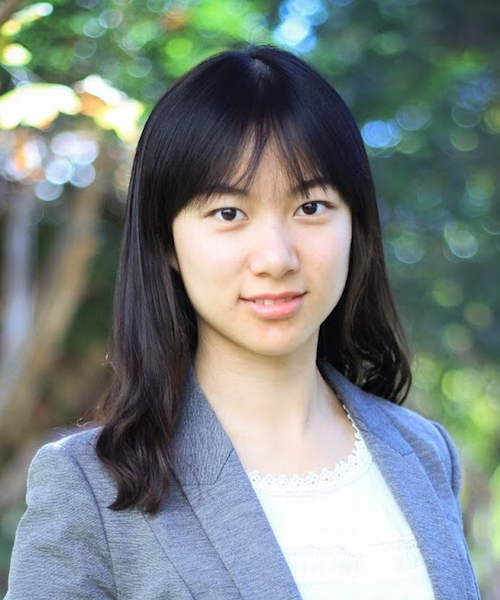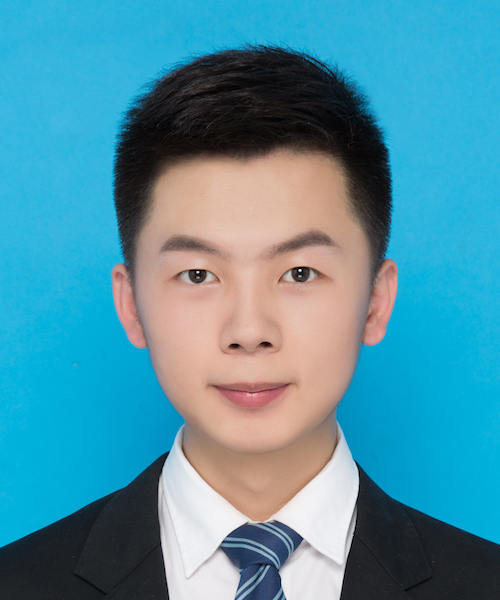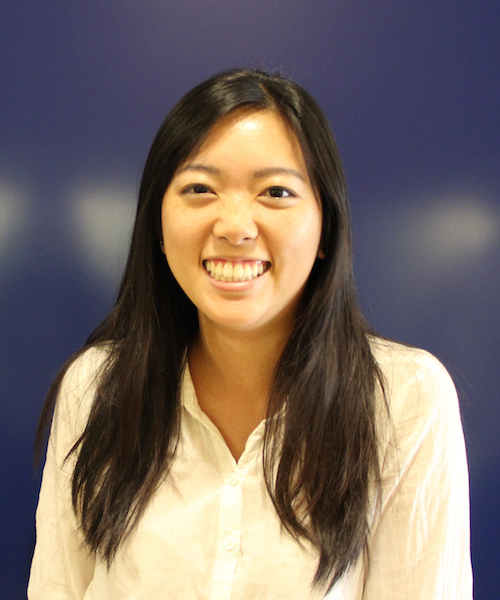
Paint this beautiful blueprint of the future together, shall we?
Ruolin Zhao | July 31, 2018
Responding To: Reflecting on the 2017-2018 U.S.-China Student Fellows Program
Ulysses McGuinness
“As young Chinese and Americans provided extraordinary privilege, you all share an obligation to improve this world that we live in.” Those words, spoken by Professor Dennis Wilder, immediately quieted our hotel conference room, in Beijing, and elicited a profound burst of emotion from our most expressive and passionate peer. Since our fall trip to Washington D.C., followed by our May trip to Beijing, I have come to regard Professor Wilder’s sentiments as capturing the essence of the Georgetown U.S.-China student fellows program. From within that message was encapsulated an all too familiar sense of urgency, and yet a seldom expressed genuine flicker of hope.
While we have expressed differences of opinion, I remain in awe of the qualities demonstrated by each of my American and Chinese peers. There is no doubt that each of them will ultimately become leaders in their chosen field. Collectively, my peers represent a truly vibrant set of ideals, skills, and perspectives. From my interactions with them, and from listening to the policymakers, experts, and observers whom I was truly fortunate to meet during the student fellows program, it does seem that people ultimately determine the structures of a system. Further, there is no such thing as an inevitable outcome. It is for this reason, that I have unflagging hope for the future of the U.S.-China bilateral relationship.
The U.S.-China relationship is far too complex to paint in binary terms of “good” or “bad.” Either extreme is simplistic, and fails to capture the many nuances of this unique relationship. The U.S.-China relationship is not just vital and necessary for our respective nations; rather, this relationship is vital to ensure a peaceful future for the entire world. This relationship is not just about the economic benefits derived by both countries. The long term cultural exchange, together with the exchange of values and ideas, provides a chance to ensure peace and stability in the Indo-Pacific region. That said we must peacefully reconcile our obvious differences.
While believing in a better future, we must be frank and clear eyed about the present issues before both of our countries. From the Chinese Government’s increasingly illiberal and repressive policies - which challenge the existing Western global liberal order - to its efforts in changing established Universal Values, there is a likelihood of significant change in international relations. Yet, as much as we may criticize the Chinese Government for its limitations, and view them with suspicion, we must spend some time in personal reflection.
The key to the future of the U.S.-China relationship lies in the domestic sphere - with internal issues that we need to address. In addressing challenges to the traditional global landscape, U.S. domestic policies should gel with U.S. international policies, and vice versa. The greatest challenge, however, is that American identity has never been – in recent history – so politically polarized, and especially at a time when moderation and unity on all fronts has never been so desperately needed. The result is that U.S. policy decisions are erratic and subject to change at the whim of each new administration. This, in turn, causes our allies and partners, around the world, to grow ever more uneasy.
How does one achieve moderation and unity though? The answer to that may lie in a topic that Professor Wilder discussed during one of our group lunches. Professor Wilder noted the fraying of civic bonds and apparent lack of traditional role models for young people. He posited a worry about what may transpire as a result. This is reflected by the widespread lack of trust in Congress, government institutions and in a smaller senses our own values. This is the real danger, which far surpasses any threat that China embodies - be it economic, ideological, or military.
The issues that have resulted in this lack of trust range in part from the scourge of money in politics, to the ideological commentary taking the place of factual news reporting, to the marginalization of working class Americans from the wealthier coastal urban and political elites, to the lingering real racial discrimination that need addressing, on top of a myriad of other factors. Imbuing civics into our educational system, and populace, is just a beginning. The ultimate goal of civics should be to cultivate in each American a genuine empathy for his fellow American. Only from there can a populace tackle issues that damage trust in our institutions. In turn, trust in the institutions can allow for the creation of effective, and coherent, long term policies in the international sphere. Of course, these are vastly simplified concepts, but they reflect a much-needed societal discourse at every level. The ultimate aim is to revitalize trust in governmental institutions, and for the liberal values, which we hold dear.
If American policymakers wish to preserve the fundamentals of the liberal international order, while acknowledging China’s rise, they must take lessons from history. The United States did not win the Cold War simply because of its economic, military, or diplomatic prowess. Rather, the Cold War was “won” because people all over the world wanted to emulate an America that reflected liberal values, was sure of its place in the world order, and appeared to be a responsible stakeholder.
The student fellows program has led me to be optimistic about the future of my country, as well as the possibility of a productive U.S.-China relationship that results in global economic prosperity. In learning more about China through the critical examination of its policies, successes, and shortcomings, one is drawn to compare the realities of one’s own nation. My peers, and our supervisors in the program were instrumental to this process and for that, I have a deep debt of gratitude.
Ulysses McGuinness ('18) is a Cadet at the U.S. Military Academy. The views expressed in this blog are those of the author’s and do not necessarily reflect the official policy or position of the U.S. Military Academy, the U.S. Army, the Department of Defense, or the U.S. Government.

Ruolin Zhao | July 31, 2018

Haile Chen | July 26, 2018

Michael Mullaney | July 25, 2018

Cynthia Wang | July 24, 2018

Jessie Dalman | July 20, 2018

Yamillet Payano | July 19, 2018

Chenyu Wu | July 18, 2018

Yunxin Wang | July 18, 2018

Hongjin Xu | July 16, 2018